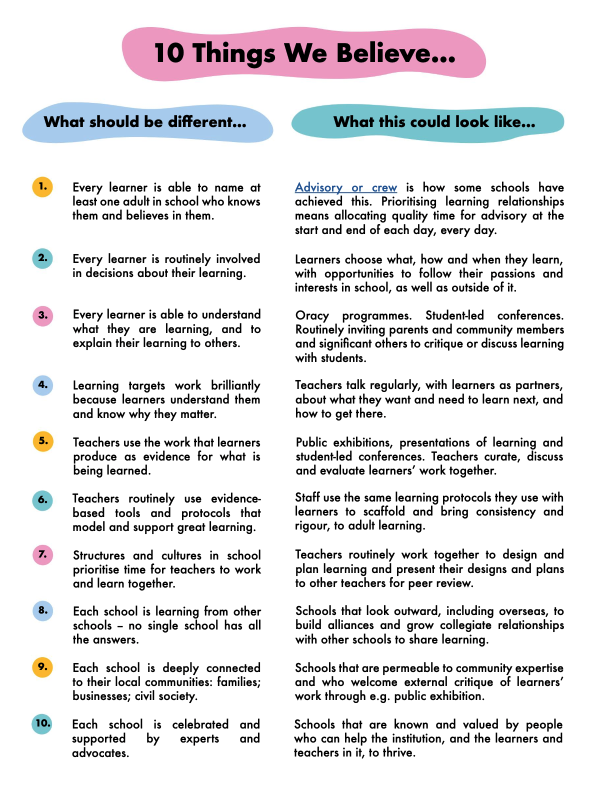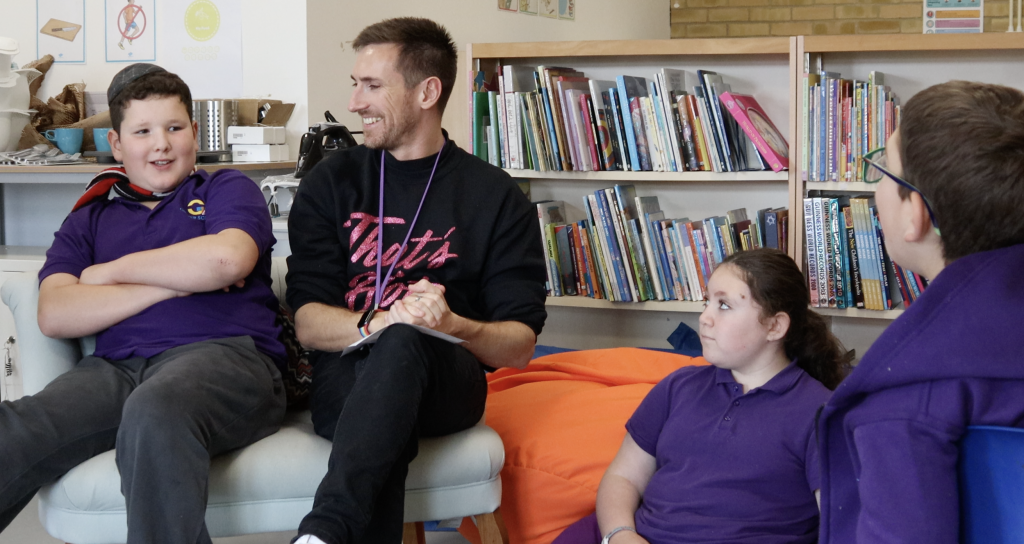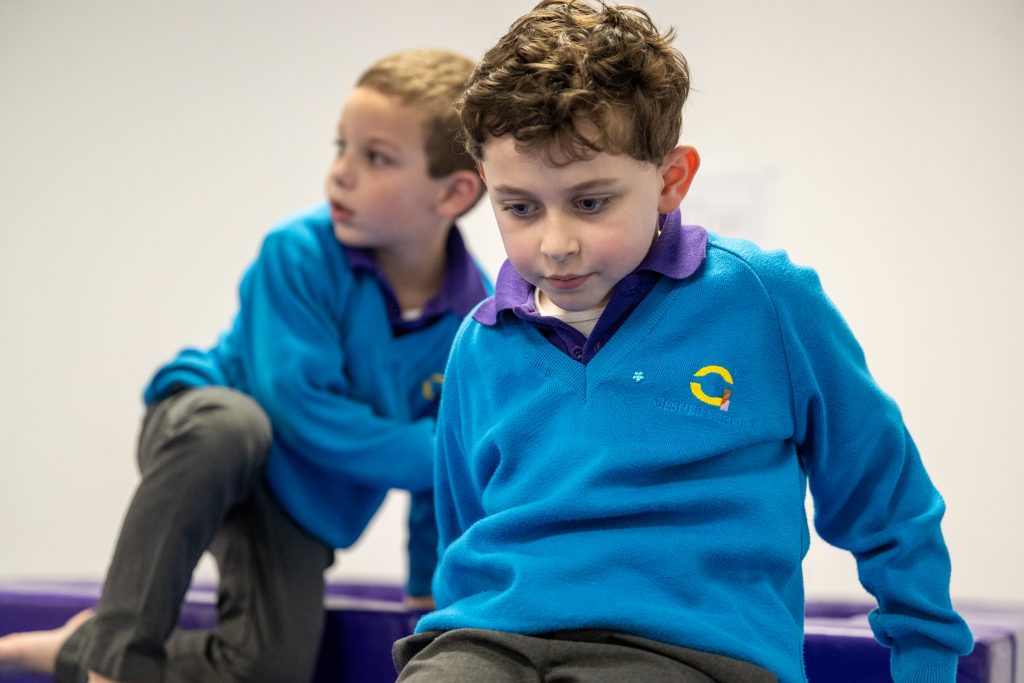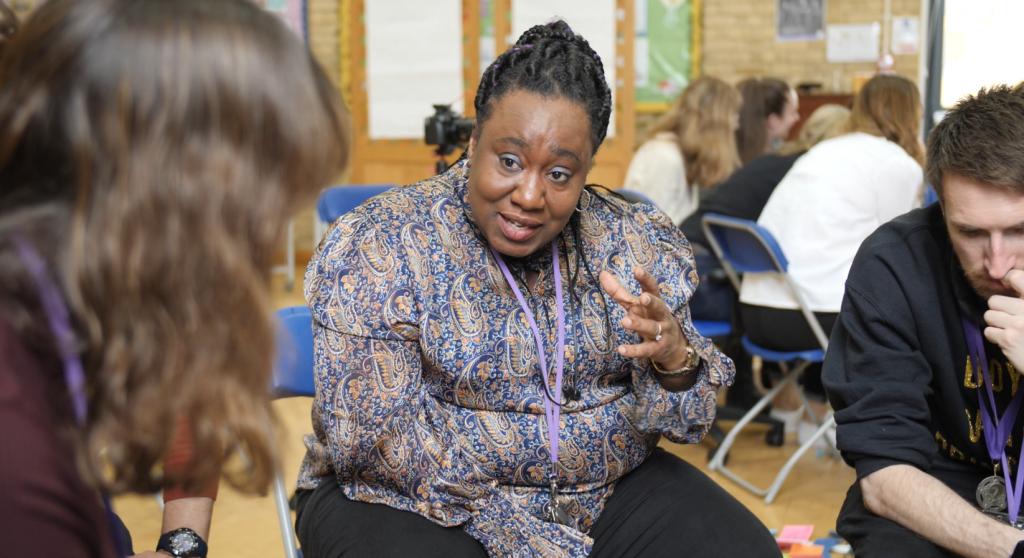Redesigning Education: What Can and Should Philanthropic Organisations Do?
Ali Durban & Paul Ramsbottom OBE, The Wolfson Foundation
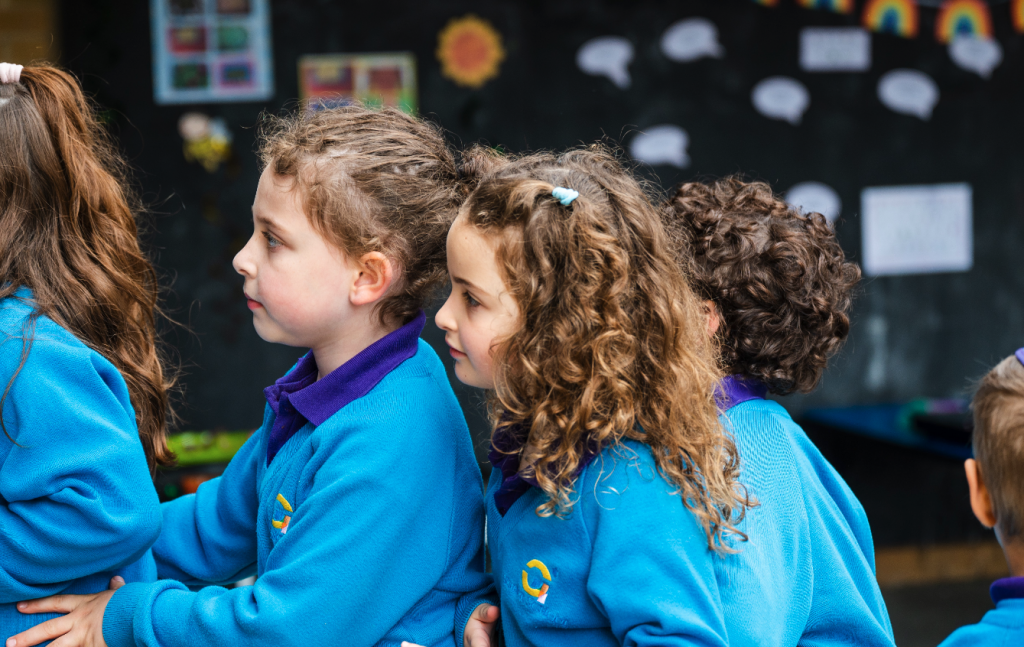
Paul Ramsbottom OBE is Chief Executive of The Wolfson Foundation, an independent grant-making charity, funding programmes and activities throughout the UK. The Foundation’s fundamental aim is to improve the civic health of society, mainly through education and research. He is also the Chief Executive of a linked charity, the Wolfson Family Charitable Trust.
Gesher School was delighted to receive a grant from the Wolfson Family Charitable Trust in 2021 to adapt and equip a Maker Space in our building. We value enormously our relationship with Paul and with the Wolfson charities because our values and mission are closely aligned and we recognise the important role that philanthropic organisations like The Wolfson Foundation can play in helping schools who want to do things differently to realise their ambitions.
We asked Paul to share with us his thinking about the role of philanthropy in education in the 21st century. Here’s what he told us…
Discussions about the role of philanthropy in the English education system have tended to polarise around two extreme positions.
At one extreme is the view that education in modern society is the preserve of Government alone, and that there is therefore little or no role for philanthropy. This is a view frequently expressed on social media, often by people who are knowledgeable about or involved in education.
At the other extreme is an articulation of a role for philanthropy that in some ways lets the Government off the hook, by plugging gaps that probably shouldn’t be there in the first place.
In between these two extremes, and in reality, there are at least three important roles that philanthropy plays:
The first is to support innovation in education; to fund schools, colleges and universities to trial new ideas. By being the provider and underwriter of risk capital in the education system, philanthropists enable educators to do things that the Government can’t or won’t do or support.
The second is to fund capital infrastructure projects necessary for ambitious organisations to fulfil elements of their strategic vision, which would otherwise be unachievable. Buildings and equipment are difficult to fund from statutory sources and can rarely be afforded from core funding. Philanthropy can provide the additional funding that organisations need to really allow them to fly.
The third role for philanthropy, beyond funding for innovation or infrastructure, is as part of a wider ecosystem of organisations, including Government, professional educators and civil society, who are stakeholders in education and who work, together and separately, to bring about system change that will benefit children and young people.
Some philanthropists take a campaigning and lobbying approach, which can be extremely effective. The Sutton Trust, for instance, with its focus on education for social mobility, consistently campaigns for better support in our education system for our most disadvantaged children and young people.
The Wolfson Foundation is not a campaigning organisation; on occasion, however, the Foundation funds research that grows system capacity and capability and contributes significantly to the body of knowledge necessary to support system change.
Recently the Foundation has invested heavily in children and young people’s mental health, with significant funding going to school and community-based initiatives which aim to help children struggling with anxiety and depression.
Already a growing problem, the pandemic exacerbated challenges facing children and young people, who are presenting in higher numbers than ever before with poor mental health. It’s a huge problem facing many Western societies, including our own. However, it is also a problem that is poorly understood. Whilst we might all share some intuition about why this generation of young people seems to be more troubled than previous generations — the prevalence and role of social media, for instance — the reality is that we don’t actually know. Even if our hunch is right, we need evidence to be able to take on social media companies and persuade them to make the necessary changes.
The Wolfson Foundation is funding research into a range of practice approaches that aim to build young people’s resilience to deal with the challenges that life unfortunately throws at us all, as well as improving access to high-quality therapy and clinical support.
An example of this is the new Wolfson Centre for Young People’s Mental Health in Cardiff. Waiting times in the current system are lamentable and the answer can’t simply be to try and provide more counsellors than ever. In the meantime, children and young people continue to struggle without the help they need.
Philanthropic funding should be a resource for everyone.
We need complete systemic change and there is a role for philanthropy in achieving that, both in terms of the research we can fund and providing support for innovators who are trying different ways of working.
Making Philanthropy Accessible to Everyone
If we truly believe that philanthropy can and should have a role in a modern education system, then it becomes really important that access to philanthropic funding shouldn’t simply be the preserve of schools that happen to have an affluent parent community or have professional or fundraising skills in their governing body. Philanthropic funding should be a resource for everyone.
Over the last couple of years, The Wolfson Foundation has been working with a number of partners to create a completely free framework and toolkit for every school in the country. It’s a kind of A to Z or ‘How To…’ of fundraising for schools hoping to look, perhaps for the first time, beyond their parents and local communities for financial support for their plans.
Professional Prompt Questions
Is there a project in your community that needs transformation, perhaps a physical learning space or a bold idea?
Can you capture why it is so critical to your students, and how it will change their outcomes? Will you be able to evidence this?
Have you researched the costs to fund the project and produced a budget to support it?
Are you aware of opportunities for philanthropic support in your area? Is your organisation and proposal eligible for funding? Are there other funding opportunities beyond your local community?
Could the framework and toolkit mentioned above be of value to your school?

